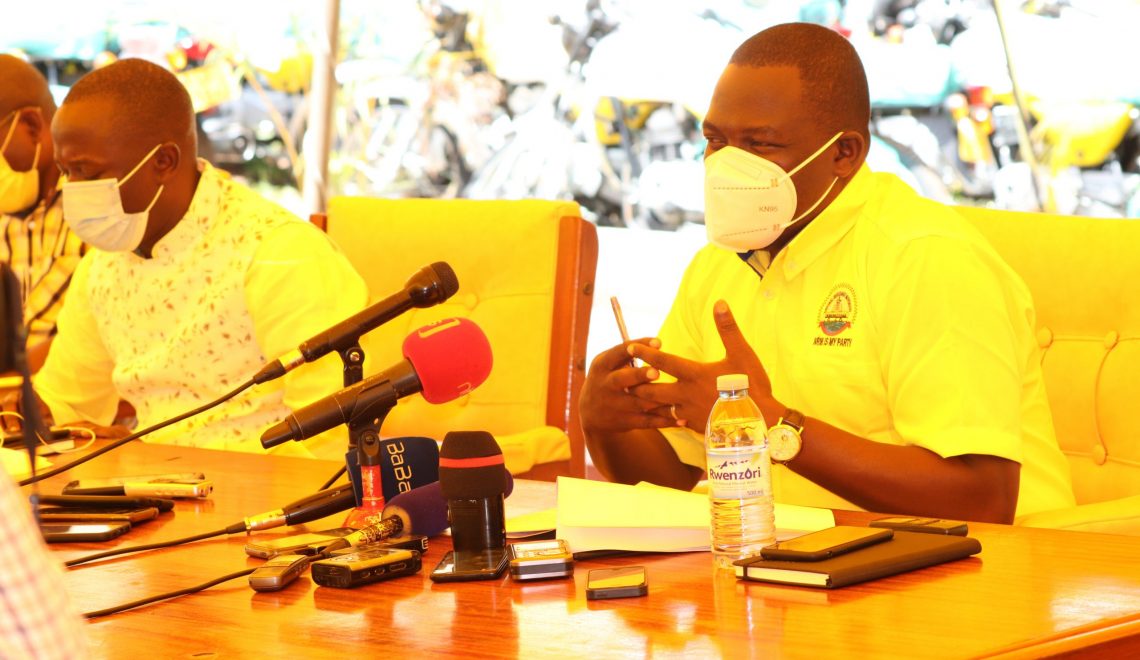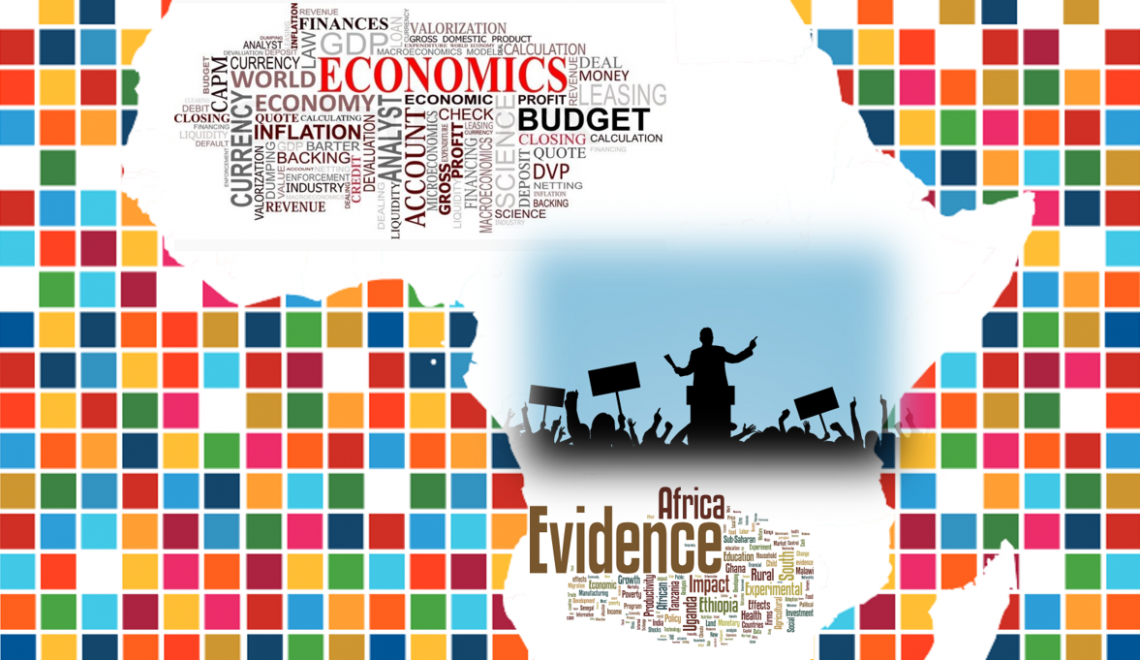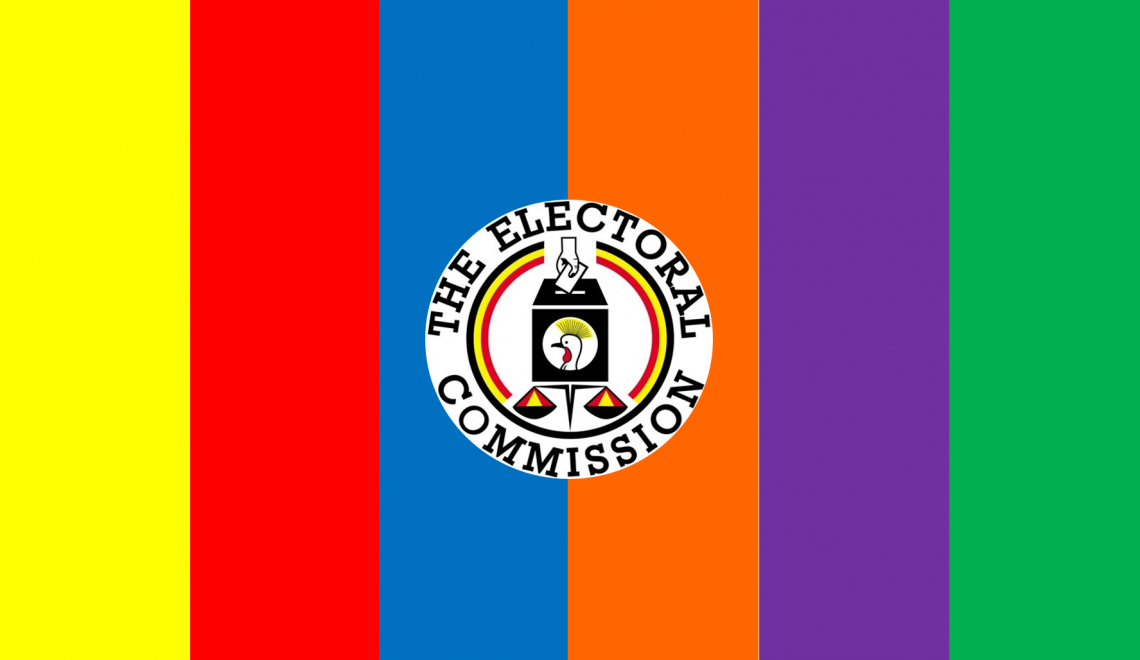
For a some years now, the best we have seen of our political actors have been running battles between the opposition and the security forces. There were the bi-elections in Arua and Bugiri where hot exchanges took place and lives were lost. Our default position was to take these matters for granted – that it was simply the usual case of the state trying to constrict the playing field in favour of a certain group. However last week was something else in our never ending political saga.
The National Resistance Movement, which is also the ruling party, held its primaries to select candidates for the forthcoming national elections. For us who are arm chair activists, we could never have anticipated the drama that followed. Probably because we have not been paying attention to what is happening in our country. But we are being forced to look again and if possible, I suppose it is time to sound the alarm bells.
The starting point for me is the lack of a proper and reliable member registration system in the party. The party’s top honchos prevaricated between using some sort of register and no register. In the end it was decided whoever turned up could vote as long as they had a notional identity card, even if their names were not in the ‘register’.
Along the way there had been reference to ‘scientific campaigns and elections’, whatever that means. Some candidates tried to use the airwaves but many still flouted the standard operating procedures and congregated in large groups. One would expect that what is good for the goose, is good for the gander. When opposition politicians have tried to congregate in similar circumstances, they have faced the wrath of the security forces. Not so for the covid-proof yellow leaning folks. They held their rallies, bribed voters in open daylight and largely expected that things would be as they wished. There was lots of doublespeak and attempts at justifying the process as election day drew nearer.
When the elections were held, they involved a system of lining up behind ones preferred candidate or his/her agent. In many of these exercises, because of the prevarication of the NRM’s electoral heads, it became a free for all. Opposition members, children and all manner of adventure seekers joined the party (no pun intended). The result was chaos and violence. According to news reports, a few people may have lost their lives. Others were injured in the fights and then there was lots of collateral damage. By the time the dust settled, a Minster was in jail and many other incumbents were on the plane to ‘Taiwan’.
Is this a harbinger of things to come? Why are the stakes increasingly higher with every passing election? Is this type of democracy not too expensive for the 13th poorest country in the world? Is this, anyway, the best way to choose our leaders?
To the first question, I suppose the answer is yes. If the ruling party’s members could go at each other like this, why do you think they will not do the same to the opposition come February 2021? One would be naïve to think otherwise. As they say in my neck of the wood, ‘katandika butandisi’! On the issue of the stakes being higher with each passing election I have two suppositions. One is that there are many who have come to look at parliament as a means to a job or a way of protecting their wealth. They will fight tooth and nail to get in. My second supposition is that while there are many new entrants, there are very few leavers (recall a wheelchair bound octogenarian trying to convince the people he had some chutzpah!). So there is blockage at the exit point. On the third and fourth issue, because the bar is too low, it has become fashionable for every dotard and juvenile to fashion him or herself in the picture of a potential leader. We can only wait with bated breath.
Samuel Sejjaaka is Country Team Leader at Mat Abacus Business School. Twitter @samuelsejjaaka



